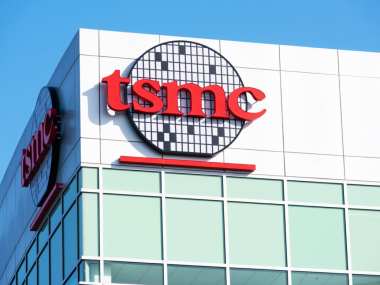TSMC Cancels 28nm Equipment Orders Due to Shifting Market Demands, Poses Opportunities for Electronic Component Distributors

Recently, it was reported that Taiwan Semiconductor Manufacturing Company (TSMC) has canceled all of its 28nm equipment orders due to changes in demand, despite originally planning to expand its mature 28nm production capacity and build a new wafer fab in Kaohsiung over the past two years.
The new facility in Kaohsiung was scheduled to begin production next year, but recent reports suggest that the construction plan has been delayed due to changes in market conditions. As a result, the related electromechanical engineering tender has been postponed for one year, along with the corresponding cleanroom and equipment installation operations. Additionally, the list of 28nm equipment planned for purchase has been entirely canceled.
TSMC stated that its process technology and schedule are determined based on customer demand and market trends, and it is currently in a silent period before its financial results conference, where it will provide further clarification.
TSMC's 28nm process technology was first used in the AMD HD 7970 graphics card series in late 2011, and it has contributed a significant amount of revenue to TSMC over the past 12 years, reaching a peak of nearly $7.5 billion in revenue. In the past two years, revenue from the 28nm process has declined but still maintained above $5 billion.
In 2021, TSMC's 28nm process technology contributed $5.41 billion in revenue, accounting for nearly 10% of the total annual revenue of $56.8 billion. In the entire industry, the 28nm process manufacturing market is worth about $7.2 billion, and TSMC alone has taken three-quarters of the market share, making it the dominant player in this market segment.
Although the 28nm process technology is no longer capable of producing high-end chips, it is still sufficient for chips used in automotive, IoT, power management, and sensor applications. Since there are still many products in the market using 90nm to 55nm technology, the demand for upgrading to 28nm is still high.
TSMC's cancellation of its 28nm equipment orders highlights the importance of staying agile and adaptable in response to changing market conditions. As TSMC continues to focus on its more advanced process technologies, there may be opportunities for distributors to cater to the demand for legacy technology and support customers' ongoing needs.




